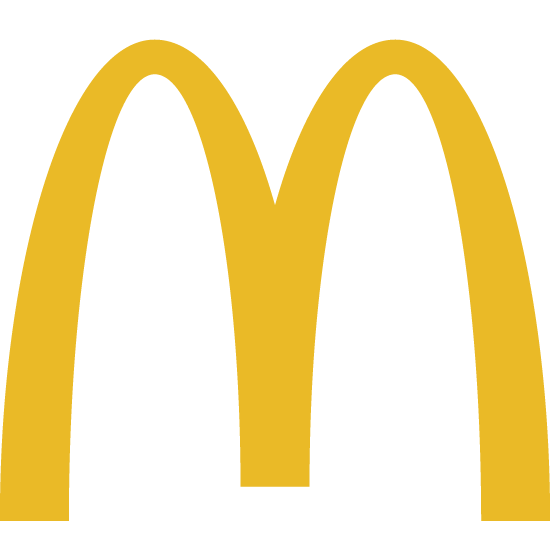
Packaging is a vital part of delivering food and drink to Europeans in a safe, quick, and convenient way.
The draft Packaging and Packaging Waste Regulation, part of the EU Green Deal, prioritises reusable packaging, for the independent eating out / quick service restaurant sector – but this simple approach is no silver bullet.
This website presents a new study commissioned by McDonald’s and produced by global management consulting firm Kearney investigating the challenges and opportunities that circularity represents for consumer-facing packaging in the European informal eating out (IEO) sector.
The report highlights that a mix of solutions is needed to ensure circularity across the takeaway and dine-in segments, and that reusable models of consumption should not be implemented in takeaway consumption.
Read the full report and the executive summaries in six languages.
“A mix of packaging solutions is the only way to achieve PPWR’s objectives. We’re seeking to keep waste out of nature and valuable materials in use, investing in innovations that will truly tackle the issues PPWR is trying to address.”
Media
Watch the full story
to discover why we need a different, more sustainable approach for the good of the environment, business, and consumers.
![]()
The EU proposals are no silver bullet for the environment
It is crucial to consider the full life cycle of reusable packaging. The Kearney study highlights the hidden environmental cost of keeping reusable packaging clean.
A move to 100% reusable packaging for dine-in by 2030 would significantly increase greenhouse emissions and
water use. A new study by global consulting firm Kearney says scaling recycling solutions and infrastructure should be the priority for dine-in and reusables should not be implemented for takeaway.
![]()
The EU proposals are no silver bullet for plastic waste
The Kearney study says that reuse models will lead to a sharp increase in plastic materials in Europe, with 100% reuse targets by 2030 creating up to 1,500 percent the amount of plastic packaging waste for takeaway.
Successful implementation of reuse is based on optimistic return rates of 70% for takeaway and 95% for dine-in. Lower return rates mean bigger stocks, higher costs and a greater negative environmental impact due to manufacturing and transport emissions.
![]()
The EU proposals are no silver bullet for economic prosperity
Many businesses facing rising costs, and the EU’s packaging plans would add to the burden. The Kearney study highlights that the investment needed to achieve reuse could be up to €15 to 20 billion if implemented for reuse for all items, for dine-in and takeaway.
Operating costs would rise too: the price of managing reuse ranges from €1 billion for limited reuse or dine-in only, to €15 to 20 billion for full reuse.
![]()
The EU proposals are no silver bullet for food safety
The Kearney study highlights that moving to a reuse model brings increased risk of unwanted bacteria or allergens as well as an overall risk of a deterioration in “cleanliness”.
This is especially the case for takeaway consumption: consumers may take packaging with them and reuse it for any application, even if not food-related. This brings extra costs for restaurants to replace damaged packaging or packaging that might represent a food safety risk.
![]()
The EU proposals are no silver bullet for consumer experience
Consumers’ experience of quick-service restaurants could change fundamentally, and for the worse.
The Kearney study highlights both the risk of longer waiting times from slowed-down operations and the burden of locating returning stations to bring back reusable packaging.
Costs are likely to go up too. Potential deposit schemes, plus the added labour, energy and material costs from washing, means significant cost increases that may negatively impact consumer perceptions of affordability.
Download the full Kearney study
Download the comprehensive study on the European IEO sector’s transition to circularity, produced by global management consulting firm Kearney and commissioned by McDonald’s.
The study seeks to enable a fact-based dialogue among stakeholders—outlining and quantifying the impact of different circularity models and specific solutions across economic, environmental, and consumer dimensions by enabling a fact-based dialogue among stakeholders.
Download the Executive Summary in six languages
To help policymakers from across Europe understand the challenges and opportunities that circularity represents for the European informal eating out (IEO) sector, we have produced an Executive Summary of the Kearney report in English, French, German, Italian, and Spanish.
